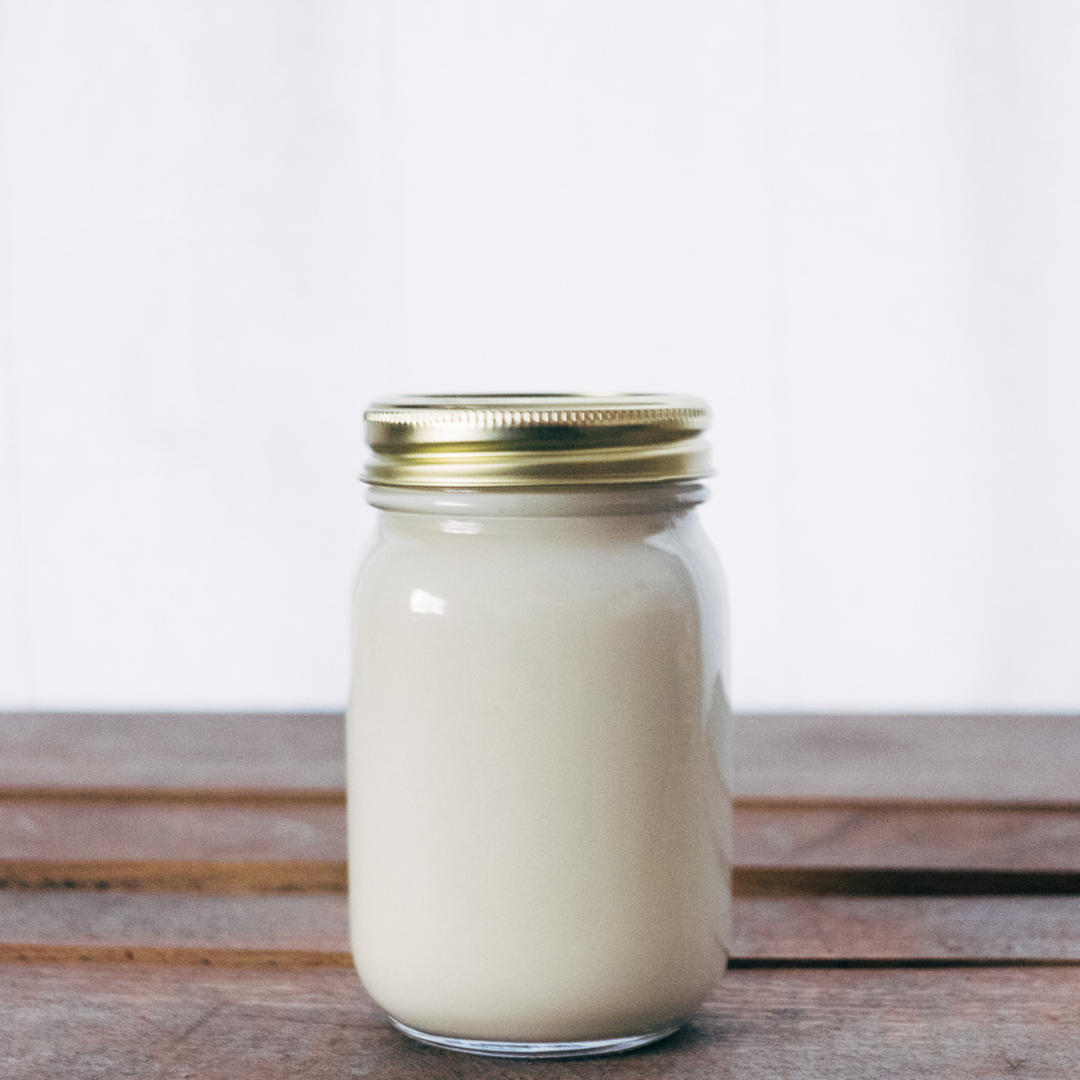It’s been a long time since I have written about my “thoughts on the journey” of my own healing. This is primarily because I have arrived at a pretty decent level of healing! While there are still “dusty corners” that need some attending, for the most part my day-to-day operating is what I (and others) would call healthy!
GAPS Legal Snickerdoodle Cookies
Food Allergy? Or Something Else?
Food allergies are a popular topic right now, and it seems like more and more people are reacting to foods. If you don't react to a certain food, then you probably know someone who does.
First, let’s clarify what I mean by a “food allergy.” The technical definition of a food allergy is a specific immune response to a protein that is in contact with, or is inside, the body.
For the purposes of this article, I am referring to a food allergy in the popular sense, which means any reaction that happens after eating a certain food.
Food reaction symptoms can include itching, hives, headaches, fatigue, cough, runny nose, breathing difficulties, bloating, upset stomach, flatulence, diarrhea or constipation, fever, reddened ears or cheeks, nerve pain, irritability, mood swings, blood sugar instability, and sleeping problems.
And it seems like food allergies are increasing. The questions is, why? There are many theories:
It’s just a fad, simply the latest craze to jump on.
We have gotten better at diagnosing.
It’s a government conspiracy.
Our bodies have changed, or maybe our food has.
These are all good theories, but what is the truth? I think there is sometruth in many of these theories, but I think it has the most to do with the last one. Our bodes and our food have changed.
I do not believe that doctors are better at diagnosing disease, and the increase is too significant to be written off for a health fad. But if we look at our modern methods of raising, preparing and eating food compared to any other time in human history, we see that there are huge differences! Let’s look at the way we grow, prepare and eat food to find out.
Food: Is it a Digestibility Problem?
There is a difference between an food allergy, and a digestibility problem. How food is grown and prepared makes a huge difference in how easy it is for our body to digest it.
For example:
Hybrid breeds and GMOs may not be recognized by the body.
Pasteurization and canning change the protein structure.
Soaked or sprouted nuts and grains are more digestible.
Meat from animals eating inappropriate foods can cause reactions.
Soy is highly indigestible unless fermented for a long time.
Mold (often found on nuts and grains) is often undetectable.
So sometimes a person isn’t actually allergic to a food, but is reacting to the modification, processing, or lack of processing that a food has gone through. So before you write off whole, real foods like eggs, dairy, meat, and even grains, look at how it was raised and prepared. You may find that you don't have to limit those foods!
Body: Is it a Leaky-Gut Problem?
Most of the time, an allergic reaction is not the fault of the substance (allergen) itself, but comes from a leaky gut and overactive immune system.
Here's how it works:
Substances we come into contact with (or eat) are supposed to be stopped by barriers (skin, mucus membrane, or gut lining). If the substance is beneficial to our body, it is broken down, and then allowed to be absorbed into the bloodstream. If it is harmful it is kept out and removed. When we have damaged membranes (like a leaky gut), substances enter the bloodstream without being analyzed or broken down. This causes an inflammatory reaction, including the symptoms listed above. When the problem is corrected by healing and sealing the gut lining, substances can no longer get into the bloodstream to cause a reaction, and the reaction disappears!
Food reactions don’t have to be forever!
Every food reaction has the potential to be reversed. So before you limit yourself to a gluten or dairy-free life, consider changing your food sourcing or preparation, and addressing any underlying issues in your gut. You may not need to avoid that food forever! If you or your child has food reactions, here's what you can do about it:
Eat more animal fat, especially grass-fed butter
Drink meat stock regularly (directions)
Remove the food you react to (until your gut is healed)
Start taking a probiotic (see which ones I recommend)
Start buying food that is raised naturally
Prepare food properly (check out Nourishing Traditions)
Find a practitioner who understands how to heal allergies
As with all change, healing takes time. Be patient with yourself and your body. You will likely notice a positive change right away, however you may not see significant changes for months. Press on! Keep going! You can do it!
Keep on the journey, Onward!
Note: Some reactions to foods are very severe, and are not so simply reversed, such as in anaphylaxis. Sometimes these reactions can be overcome, and sometimes they cannot. If you have an anaphylactic reaction to a substance, I do not recommend trying that substance on your own. It’s best to work with a practitioner. Disclosure: Contains affiliate links, which help support my blogging. Your trust is important to me, and I only recommend resources I trust.







